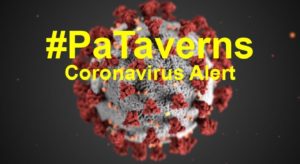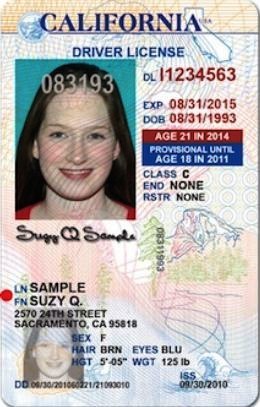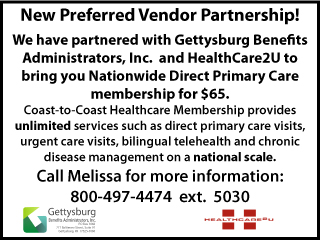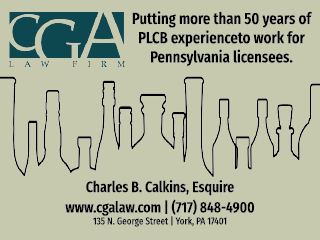 A survey of small business taverns and licensed restaurants indicates Pennsylvania could see a significant loss of locally owned establishments from closings as a result of the Commonwealth’s COVID-19 Orders.
A survey of small business taverns and licensed restaurants indicates Pennsylvania could see a significant loss of locally owned establishments from closings as a result of the Commonwealth’s COVID-19 Orders.
The survey, conducted by the Pennsylvania Licensed Beverage and Tavern Association between August 25 and August 28, 2020, included 10 questions exploring financial difficulties.
Most troubling are indications that only 30 percent of the participating neighborhood-based establishments might survive the crisis. This is consistent with national surveys suggesting a possible loss of 70 percent of establishments.
In the PLBTA survey, participants were asked “Without any change to the Governor’s Order or financial assistance from the state and/or federal government, which best describes the future of your business after September 2020?”
Thirteen percent are already closed. Another five percent indicated they will close within a month, while 29 percent say they will likely close by the end of the year and 23 percent say they will likely close in 2021. Only 30 percent said they would not close.
Major layoffs and furloughs were also identified in the survey, again along the same lines as national studies. On average of those establishments participating in the survey, 13 employees per location lost their jobs as a result of COVID-19 Orders. When extrapolated across the industry, considering small business R and H license locations alone, about 109,200 Pennsylvania jobs were lost.
Financially, July 2020 proved to be troubling. The average establishment completing this survey lost $227,179 in July 2020 compared to July 2019.
Only 29 percent of the survey participants said they have not faced any cash flow problems. That suggests 71 percent have had difficulty paying bills including rent, utilities, and loan repayments.
“These results shouldn’t surprise anyone,” said Chuck Moran, executive director of the PLBTA. “When you’re limited to 25 percent indoor capacity and have seen increased expenses along with other difficulties due to state orders, you can expect a serious crisis to develop. This industry can’t sustain itself under these conditions. Changes in state restrictions along with survival and recovery financial packages are needed.”
The survey also explored other business-related difficulties including food and beer deliveries as well as supply deliveries for items such as paper products and cleaning items.
Of those participating in the survey, 89 percent were small business, single-location establishments, while eight percent were small businesses with more than one location. All own either an “R” or “H” liquor license. Three percent were clubs with club liquor licenses. No national or regional chains participated in the survey.
A total of 1,234 invitations to take the survey were sent statewide. There were 100 businesses that completed the survey during the three days. As a result, this survey has a 10% margin of error with a 95% confidence level when considering small business R and H licensees in Pennsylvania.
Working members of the media may request a copy of the results by emailing pataverns@pataverns.com. Please include your name and media affiliation.
# # #
About the Pennsylvania Licensed Beverage and Tavern Association
The Pennsylvania Licensed Beverage and Tavern Association is a statewide association based in Harrisburg, representing small business taverns and licensed restaurants in the Commonwealth of Pennsylvania. The Association formed in 1941, reorganized in 2019, and today advocates for best practices and rights within the industry as well as best experiences for patrons.






 Back to school means it’s fake ID time too!
Back to school means it’s fake ID time too!

